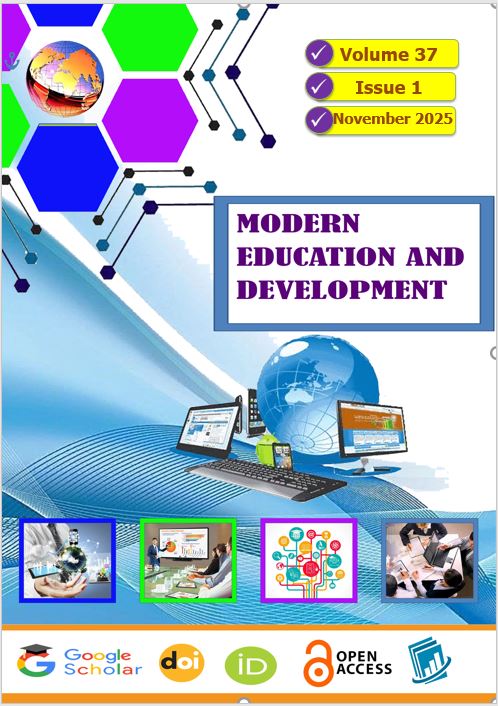THE ROLE OF REPETITION AND RECYCLING IN TEACHING NEW WORDS TO LEARNERS
Keywords:
Repetition, Recycling, Vocabulary Acquisition, Lexical Retention, Long-Term Memory, Cognitive Theory, Language Pedagogy, Communicative Approach, Input Exposure, Spaced Repetition, Learner Autonomy, Task-Based Learning, Active Vocabulary, Pedagogical Innovation.Abstract
Vocabulary learning represents the cornerstone of linguistic competence and communicative success. Without a sufficiently large and well-structured vocabulary, learners cannot effectively express thoughts, comprehend authentic materials, or participate in meaningful communication. However, vocabulary acquisition is neither immediate nor linear—it is a gradual, cumulative process that requires systematic exposure and meaningful use. Among the techniques that contribute to effective vocabulary retention, repetition and recycling are widely recognized as the most influential factors.
This paper explores the pedagogical and cognitive significance of repetition and recycling in vocabulary teaching. Drawing on theories of memory, cognitive psychology, and applied linguistics, it demonstrates how repeated and contextualized exposure facilitates long-term retention and productive use of new lexical items. The article further discusses the challenges teachers face in implementing repetition and recycling in modern classrooms, particularly within communicative and task-based learning frameworks. The practical section provides classroom-based strategies and real-life examples, showing how repetition and recycling can be naturally integrated into language teaching without reducing motivation or creativity. Findings from researchers such as Nation, Thornbury, Schmitt, Harmer, and Oxford are examined to support the argument that structured repetition and contextual recycling not only strengthen lexical knowledge but also promote learner autonomy, fluency, and confidence.
The paper concludes that successful vocabulary teaching requires deliberate planning of repetition cycles and creative recycling activities that engage learners cognitively and emotionally. The ultimate goal is to transform passive vocabulary into active, usable knowledge that enables authentic communication.

